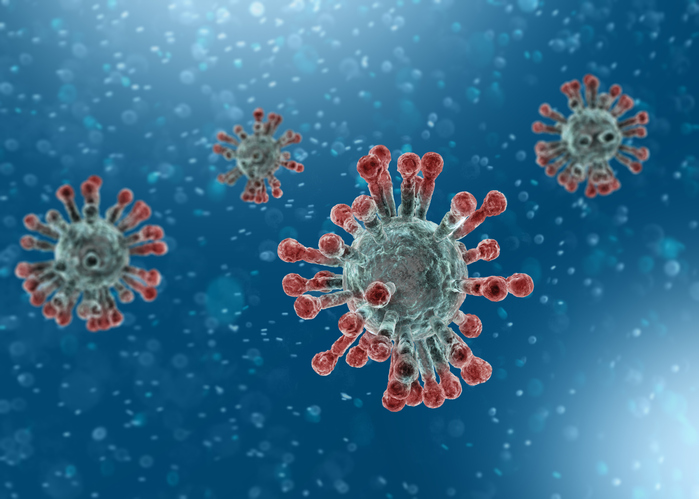
Prioritising COVID-19 vaccines to enable elite athletes to travel is an issue within New Zealand. Getting elite athletes access to the vaccine quickly has become increasingly important as events such as the Olympics loom. The NZ government has recently released a roll-out plan with a ‘national significance’ category which may include Olympians and other. While on first glance elite athletes should not be prioritised before others we argue that there are ethical justifications for moving elite athletes at least part way up the list.
Part of the problem arises because NZ has been so successful at keeping COVID-19 at bay through managed isolation (MIQ) for new arrivals, and a policy of elimination of community outbreaks. Our low case numbers and deaths, means NZ is low priority internationally when it comes to receiving doses of the vaccine. Vaccines are therefore a scarce resource. Understandably, those at higher risk of exposure and vulnerable populations are receiving the vaccines as they become available. Currently the start date for the general population is some months away – too late for many athletes who want to be vaccinated before the Olympics and other events.
So, where should elite athletes in NZ be placed in the vaccine queue?
If we were to line up everyone in NZ from the most vulnerable or most at risk from COVID-19 at the front, to the least vulnerable at the back, athletes would be among the last. This means they would not get the vaccine until later in the year. Moreover, it appears that travel to sporting events is the athlete’s own decision and should be at their own risk.
However there are some justifications for moving athletes up the queue thereby offering them some protection.
First, many New Zealanders get a sense of national pride from sporting achievements. In fact NZ regularly punches above its weight in sport. Furthermore because NZ has become somewhat isolated due to COVID-19, watching sport has become even more important to NZers. Elite athletes could be considered to bring a collective good to our society.
Second, while most people do not have to go overseas to achieve their aims, an elite athlete must travel in order to succeed. Athletes have a narrow window of opportunity in which to excel that the rest of us do not face.
Third, on their return to NZ, athletes and their support staff, if unvaccinated, will have to go into MIQ for two weeks (although it is unclear whether vaccinated people will be under similar constraints). Spaces in MIQ are limited and heavily oversubscribed. If athletes go unvaccinated to international events they will block the MIQ on their return.
Perhaps we should move athletes up the queue, not immediately to the front, but higher than they would otherwise fall.
This may be represented as a form of queue jumping. The concept of queue jumping or taking unwarranted precedence over others is frowned upon in NZ because it runs counter to our long-held belief in ourselves as an egalitarian nation where each of us is equally worthy. It may also violate our collective societal project in responding to COVID-19.
However, to represent prioritisation of elite athletes as queue jumping is to imply there is no possible justification for it. Yet because elite athletes can express themselves best at the highest international levels, have a time-limited professional life, and because they are a source of national pride, and need our protection, there are justifications. Perhaps moving them up the queue is better understood as giving them their rightful place. However such decisions remain controversial.
Authors and Affiliations:
Associate Professor Lynley Anderson Lynley.anderson@otago.ac.nz
Associate Professor Neil Pickering Neil.pickering@otago.ac.nz
Bioethics Centre, University of Otago, Dunedin, New Zealand
Competing interests: None